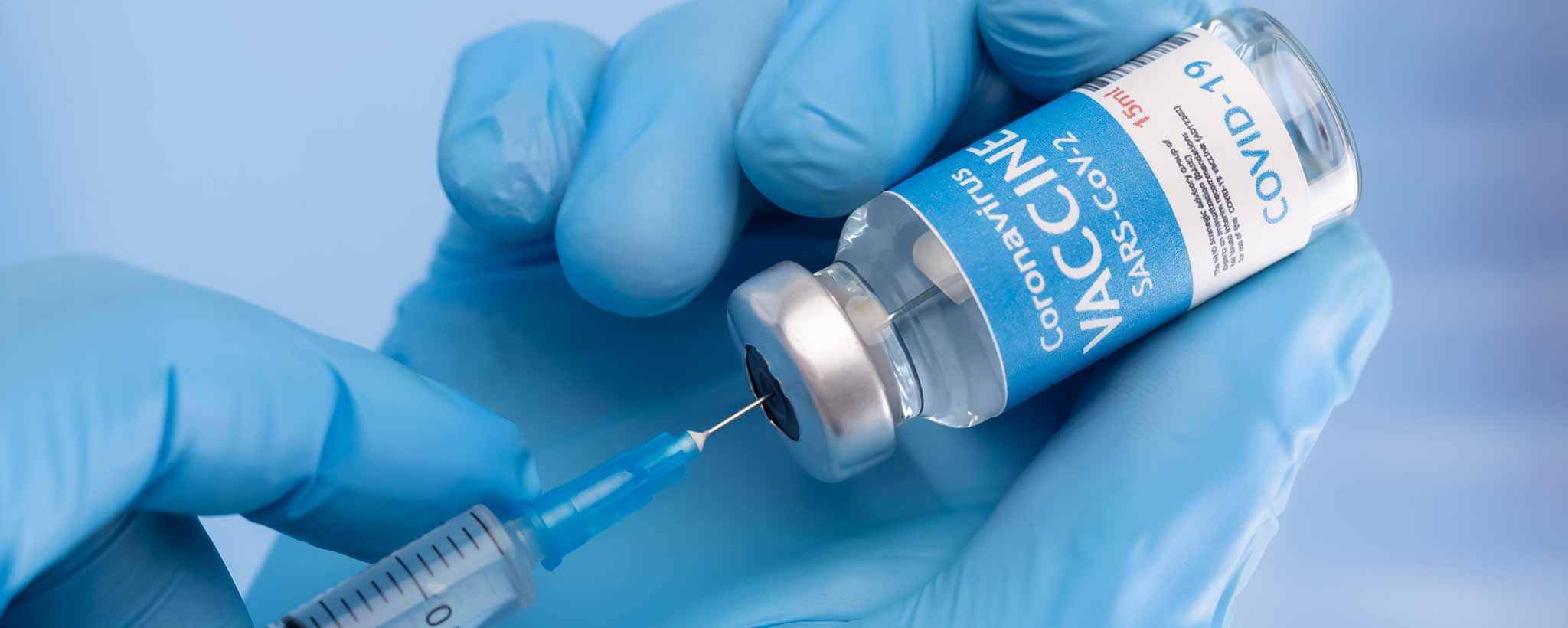Some tiny kidney stones cause pain, a debated condition called small stone syndrome. Learn symptoms, causes, and treatment options.
Small Stone Syndrome
Some people savor cilantro as an essential herb in Spanish cuisine; others dislike it, complaining that it tastes like soap. The two sides rarely alter their perceptions.
There’s a similar controversy regarding small non-obstructing kidney stones. Physiologically, there’s no explanation for non-obstructing stones to cause pain—yet a subset of patients report intermittent or chronic discomfort. With various torso movements, the shifting of small stones (typically under 5 mm) appears to irritate.
Sometimes, kidney problems—including stones or other conditions—can be associated with protein in the urine (proteinuria). One possible sign is persistently foamy or bubbly urine. Talk to your doctor if you notice this. [1]
While some doctors believe small non-blocking stones shouldn’t cause pain, studies and patient reports suggest otherwise. This is sometimes called small stone syndrome. [2,3]
A few small-scale studies reported resolution in more than 85 percent of patients who had their non-obstructing renal calyceal stones (tiny stones within the kidney’s drainage area) removed.
An obstructing kidney stone blocks the ureter and distends the organ. This emergency condition may cause inflammation, nausea, excruciating pain, high blood pressure, fever, and bloody or difficult urination.
Treatment Options
Treatment depends on stone size, location, symptoms, and overall risk. Because non-obstructing stones can become obstructive at any time, it may be prudent to remove them—especially when a patient says they’re bothersome.
A stone that is granular (sandy) may be pulverized with ultrasonic pulses (extracorporeal shock wave lithotripsy). Harder stones require a transurethral procedure called ureteroscopy. A catheter-guided laser breaks up the stones for removal. These are outpatient procedures, meaning most patients go home the same day.
A patient who has small stone syndrome and a physician who refuses to treat them may consider a second opinion.
Some people are more prone to stone formation than others. A low-oxalate diet may be advised for these patients. Your doctor may prescribe a citrate supplement to help prevent certain types of stones. Practical steps to maintain healthy kidneys are to lower sodium intake, drink adequate water, and minimize the consumption of alcohol. [4]
Enjoy more articles about urology About 500 total words.
ClinicalPosters offers human anatomy charts, scientific posters, and other services that compliment articles about urology. Slide extra posters into DeuPair Frames without removing from the wall.
Show your support by leaving an encouraging comment to keep the research going.
Support the writing of useful articles about urology by exploring human anatomy charts, scientific posters, and other products online. You may sponsor specific articles.
ClinicalPosters provides human anatomy charts, scientific posters, and other products that compliment useful articles about urology.
ClinicalPosters offers human anatomy charts, scientific posters, and other products online.
You can sponsor useful articles about urology or donate to further research.
FAQ: Kidney Stone Pain & Small Stone Syndrome
Can small kidney stones cause pain?
Yes. Even small, non-blocking stones (less than 5 mm) may irritate the kidney and cause intermittent or chronic pain in some patients. This debated condition is sometimes called small stone syndrome.
What is the difference between non-obstructing and obstructing stones?
A non-obstructing stone sits in the kidney without blocking urine flow and may or may not cause discomfort. An obstructing stone blocks the ureter, which can cause severe pain, nausea, fever, and blood in the urine, and may be a medical emergency.
How can small, painful stones be treated?
Options include breaking up sandy stones with ultrasound or using ureteroscopy with a laser to fragment and remove harder stones. These are usually outpatient procedures—most patients go home the same day.
When should I seek a second opinion?
If you have persistent pain that may be related to small stones and your concerns are dismissed without explanation or further evaluation, it is reasonable to seek a second opinion from another urologist.
Can diet and hydration help prevent future stones?
Drinking adequate water, limiting alcohol, and following any prescribed low-oxalate or other dietary recommendations can help reduce the risk of stone formation.






 Romance & Health Intertwine. Fall in love with a captivating romance miniseries that explores the essence of well-being. Become a ClinicalNovellas member for heartwarming tales.
Romance & Health Intertwine. Fall in love with a captivating romance miniseries that explores the essence of well-being. Become a ClinicalNovellas member for heartwarming tales.





